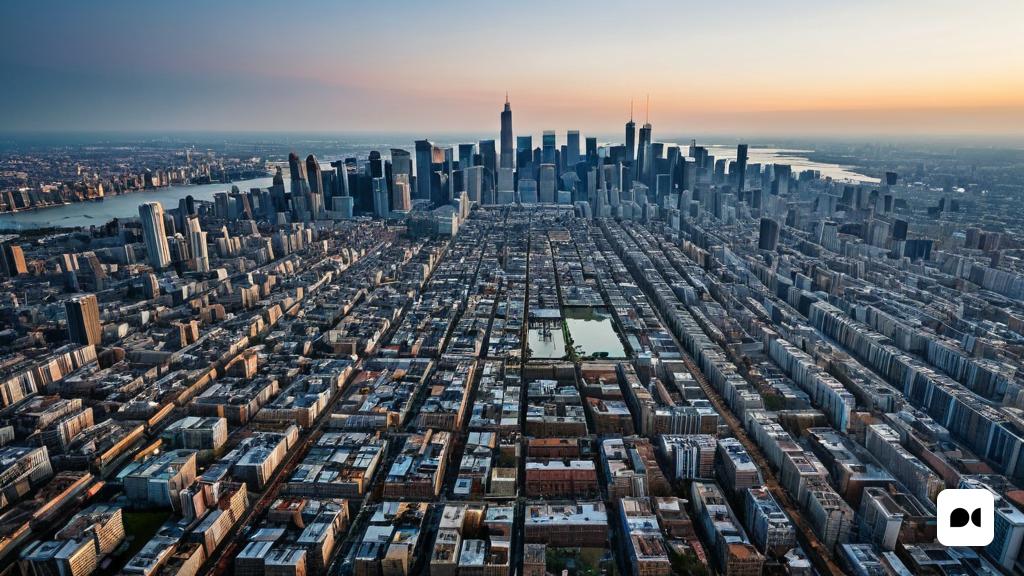Urban Influence on Global Warming
The growth of cities is having a significant impact on global warming, according to a recent study. Although it was previously thought that urbanization would not affect the climate on a large scale, urban expansion has been found to influence rising temperatures, especially in regions with rapid urban growth.
Urban Growth and Rising Temperatures
Between 1992 and 2019, global urban land cover increased considerably, adding an area similar to that of Sweden. Most of this growth was seen in Asia, led by China and the United States. This expansion has led to an increase in temperatures as urban buildings absorb and retain heat, causing urban areas to take longer to heat and cool than rural areas.
Impact in Different Regions
The study reveals that the urban influence on global warming has become more evident over time, especially in countries and regions in Asia that are experiencing rapid urbanization. Although urbanization contributes on average only about 2% to the increase in soil temperature, in some areas this percentage skyrockets, such as in the Yangtze River basin in China, where urban expansion contributed almost 40%. to increased warming.
Future Climate Projections
The study suggests that urbanization should be explicitly included in climate change assessments, as urban expansion is expected to have a greater influence on large-scale surface climate in the future. This would require the incorporation of dynamic urban sprawl and biophysics into Earth system models to quantify potential urban feedback on the climate system at all scales.
Impact on Arid Cities
The study also reveals that in some arid cities, such as those in India and Africa, urbanization showed signs of urban cooling during the day as the cities developed. This is partly due to irrigation in rural areas that modulates the temperature difference with urban areas, as well as the additional emission of atmospheric aerosols from cities.
Importance of the Representation of Urbanization in Climate Models
With the majority of the human population projected to live in cities in the future, better representation of urbanization in climate models will be essential to better simulate regional climate change and develop effective mitigation and adaptation strategies.

